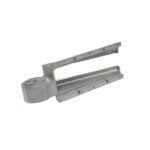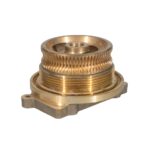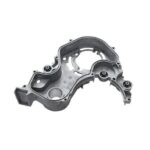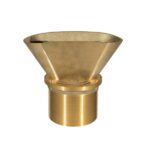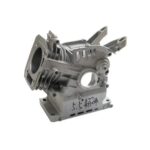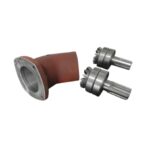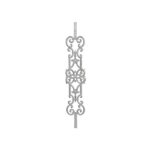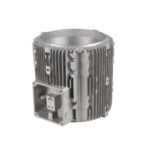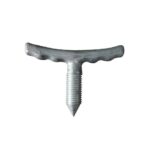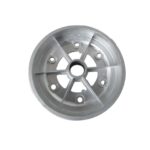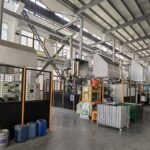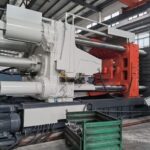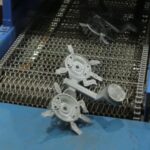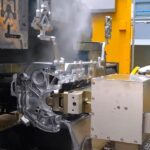
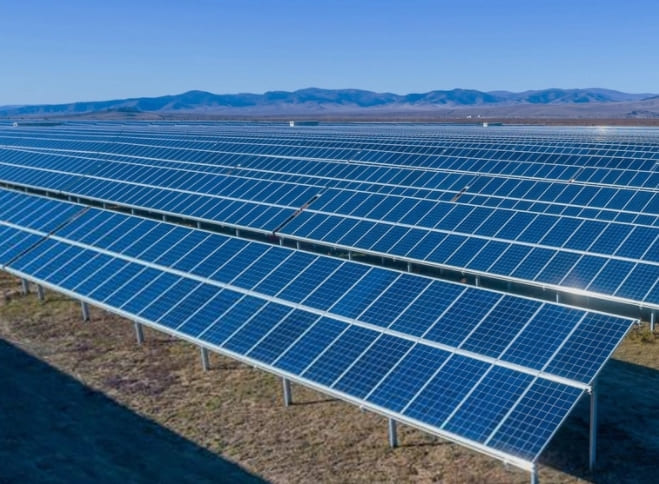

Introduction
In this article, we delve into the comprehensive properties and wide-ranging applications of die-cast aluminum alloys, shedding light on their significance in today’s industrial landscape.
What is Die-Cast Aluminum?
Die-casting is a manufacturing process where molten aluminum is forced into a mold cavity under high pressure.
This process allows for the production of complex, high-precision parts with excellent surface finishes.
The versatility of die-cast aluminum makes it ideal for producing a wide range of components used in various industries.
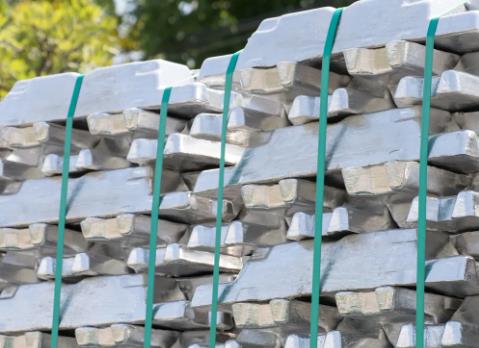
Key Properties of Die-Cast Aluminum Alloys
Strength-to-Weight Ratio
One of the most significant advantages of die-cast aluminum alloys is their high strength-to-weight ratio.
This property is crucial for industries like automotive and aerospace, where reducing weight without compromising strength is vital for performance and fuel efficiency.
Corrosion Resistance
Aluminum alloys naturally form a protective oxide layer that shields them from corrosion.
This corrosion resistance makes die-cast aluminum suitable for applications exposed to harsh environmental conditions, such as marine and outdoor products.
Thermal Conductivity
Die-cast aluminum alloys are known for their excellent thermal conductivity.
This property is particularly beneficial in applications where heat dissipation is critical, such as in electronic housings and heat sinks.
Electrical Conductivity
In addition to thermal conductivity, aluminum alloys also possess good electrical conductivity.
This makes them ideal for components like connectors and housings in the electronics industry.
Dimensional Stability
Die-cast aluminum parts exhibit excellent dimensional stability, meaning they maintain their shape and size even under varying temperatures and loads.
This stability is crucial for precision components used in machinery and automotive systems.
Recyclability
Aluminum is 100% recyclable without any loss of its natural properties.
This makes die-cast aluminum alloys an environmentally friendly choice, aligning with the growing demand for sustainable manufacturing practices.

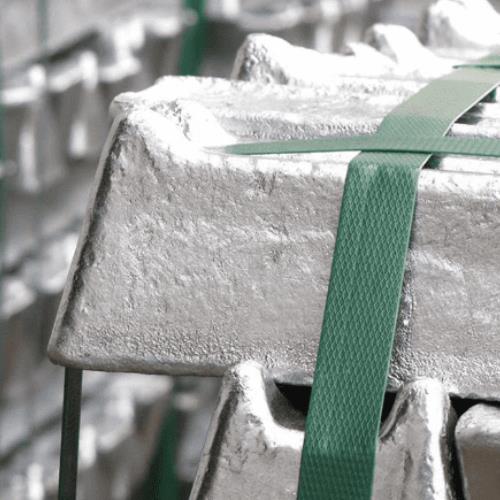

Common Aluminum Alloys Used in Die-Casting
Aluminum Alloy A380
A380 is the most widely used die-cast aluminum alloy, offering a good balance of mechanical properties, ease of casting, and corrosion resistance.
It is commonly used in automotive components, electronic housings, and various consumer goods.
Aluminum Alloy A360
A360 provides superior corrosion resistance and pressure tightness compared to A380, making it suitable for components exposed to moisture and high-pressure environments.
It’s often used in pump bodies and automotive engine parts.
Aluminum Alloy A413
A413 is known for its excellent castability and thermal conductivity, making it ideal for complex and thin-walled parts.
This alloy is frequently used in applications like heat sinks and electronic enclosures.
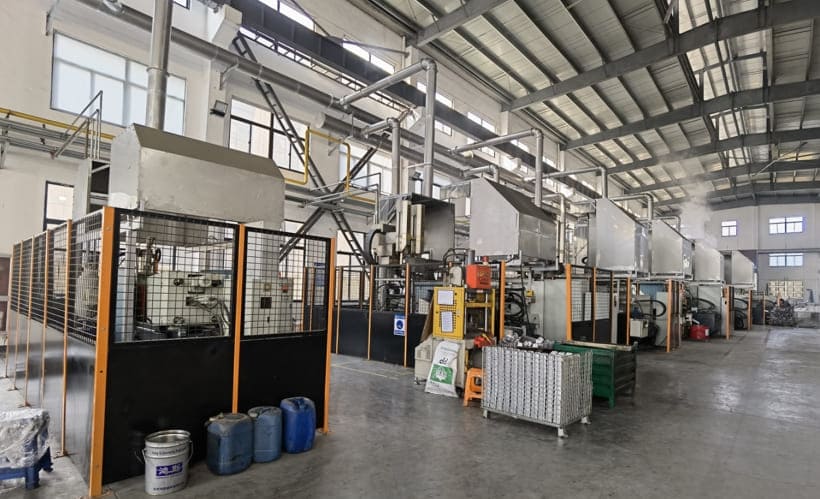
Applications of Die-Cast Aluminum Alloys
Automotive Industry
Die-cast aluminum alloys are extensively used in the automotive industry to manufacture engine blocks, transmission housings, and various structural components.
The high strength-to-weight ratio of aluminum contributes to vehicle efficiency and performance.
Aerospace Industry
In aerospace, weight reduction is critical.
Die-cast aluminum components, such as brackets and housings, help reduce the overall weight of aircraft, contributing to fuel efficiency and payload capacity.
Electronics Industry
The excellent thermal and electrical conductivity of die-cast aluminum alloys makes them perfect for electronic components like housings, connectors, and heat sinks.
These properties ensure that electronic devices operate efficiently and remain cool.
Consumer Goods
Aluminum die-cast parts are commonly found in household appliances, power tools, and sporting equipment.
The corrosion resistance and aesthetic appeal of aluminum make it a popular choice for durable, high-quality consumer products.
Industrial Machinery
In industrial applications, die-cast aluminum alloys are used to manufacture parts that require precision and durability, such as hydraulic valves, pumps, and machinery housings.
The dimensional stability of aluminum ensures consistent performance in demanding environments.



Comparison with Other Casting Methods
Die-Casting vs. Sand Casting
| Aspect | Die-Casting | Sand Casting |
|---|---|---|
| Precision | High | Moderate |
| Surface Finish | Excellent | Rough |
| Production Speed | Fast | Slow |
| Cost | Higher initial cost, lower per part | Lower initial cost, higher per part |
| Material Waste | Minimal | Significant |
Die-Casting vs. Precision Casting
| Aspect | Die-Casting | Precision Casting |
|---|---|---|
| Precision | High | Very High |
| Surface Finish | Excellent | Excellent |
| Complexity | Moderate to High | High |
| Production Speed | Fast | Slow |
| Cost | Moderate to High | High |
Advantages of Using Die-Cast Aluminum Alloys
High Production Efficiency: The die-casting process allows for rapid production of high-precision parts, making it suitable for large-scale manufacturing.
Consistency and Precision: Die-casting produces components with tight tolerances and consistent quality, reducing the need for secondary machining.
Versatility in Design: Complex shapes and thin walls can be achieved with die-casting, offering design flexibility for engineers.
Material Savings: The process minimizes waste, making it cost-effective and environmentally friendly.
Conclusion
Applications of Die-cast aluminum alloys span across various industries, providing solutions that enhance performance, efficiency, and sustainability.


